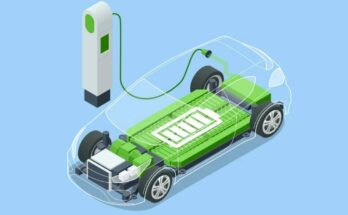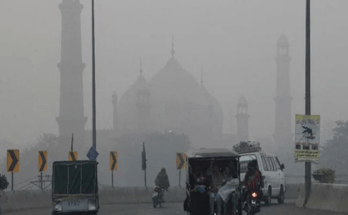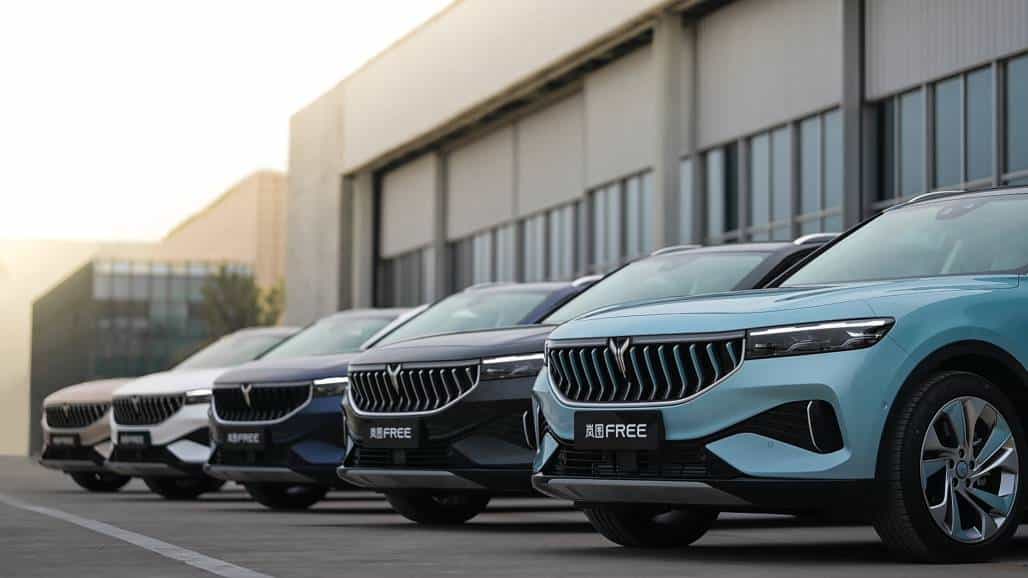Volkswagen asks for a delay in the implementation of the new Euro 7 emissions regulations in Europe. The rules, which were unveiled in November 2022, aim to lessen the number of pollutants that petrol and diesel cars and trucks emit while also limiting the amount of particulate matter that is created by brakes and tires.
Heavy commercial vehicles have until 2027 to comply with the new rules, although passenger cars, SUVs, and light trucks may need to by mid-2025.
Related: Euro 7 and Our Affection with Euro 2
The German automaker has expressed concerns that the implementation of the regulations by the middle of 2025 would cause severe interruptions in the manufacturing of many of its models. The company further claims that in order to comply with the planned limitations on particulate matter from brakes and tires, it needs several years of advance time. It did not, however, specify a timetable for putting the rules into effect.
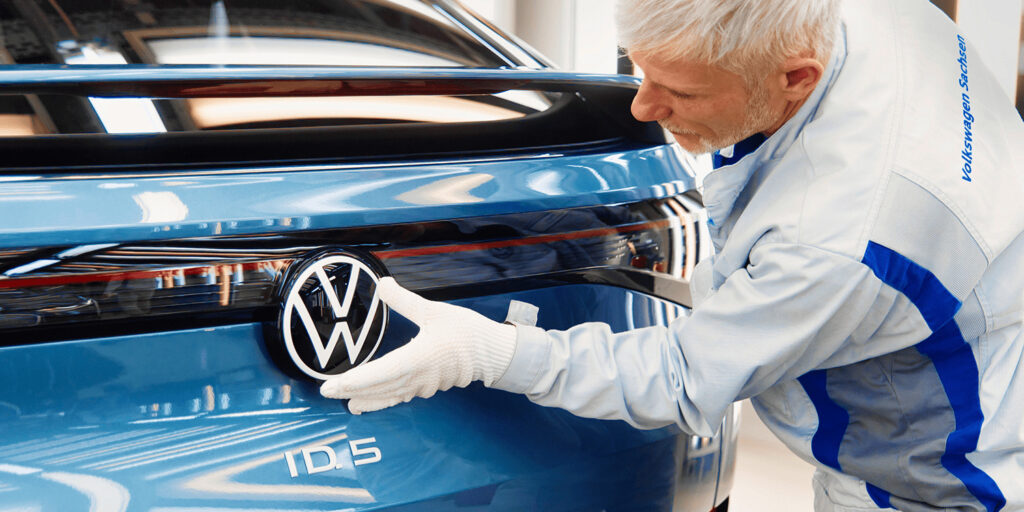
VW is not the only automaker to oppose the new environmental regulations. BMW and Renault have also expressed their concerns; however, Volkswagen’s brand boss, Thomas Schäfer, has acknowledged that the combustion engine’s days are numbered, and the company plans to have electric vehicles account for 80% of its annual sales by 2030. Despite his dedication to EVs, Schäfer dismisses the e-fuel argument as “unnecessary noise.”
Related: Toyota Says its Hybrids May Help Reduce Emissions More Than EVs
The planned Euro 7 laws would significantly tighten Europe’s pollution limits, which are now among the most stringent in the world. The restrictions aim to cut the amount of pollution emitted by automobiles, SUVs, and light commercial vehicles by 90% compared to present levels. The goal for heavy commercial vehicles is a 50% reduction. The regulations also aim to reduce the amount of particulate matter created by tires and brakes, which are major contributors to urban air pollution.
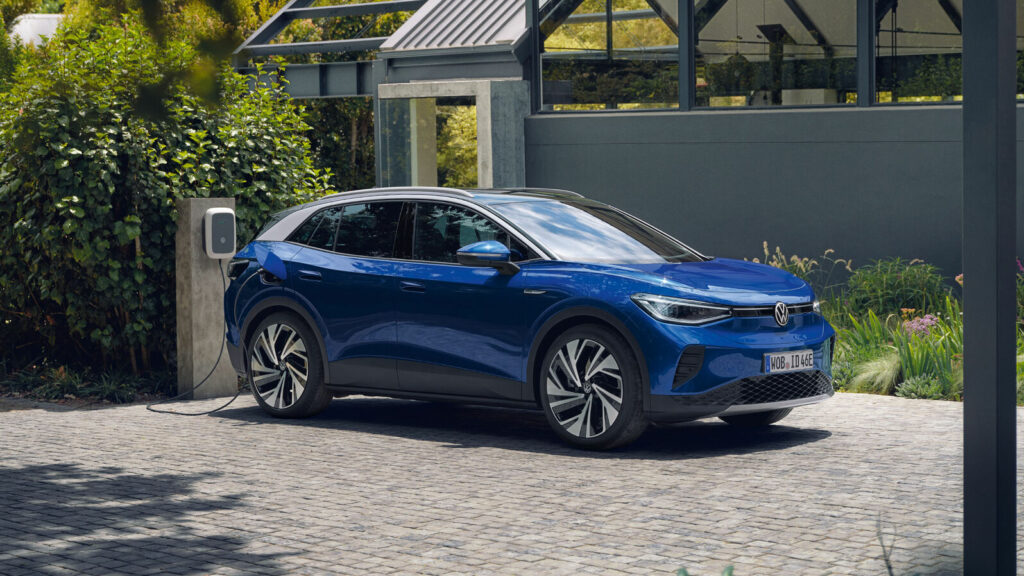
While environmental groups have praised the measures, some automakers have expressed worries about the price of compliance and the impact on production schedules. Volkswagen, for instance, has a large number of models that would need to be upgraded to meet the higher regulations, potentially leading to delays and production bottlenecks.
Related: Euro 2 in Pakistan, A Decade!
Despite these obstacles, many experts feel that the Euro 7 standards are required to confront Europe’s growing issue of air pollution. According to the European Environment Agency, air pollution causes over 400 000 premature deaths in Europe each year, costing the EU economy an estimated €330 billion in healthcare and lost productivity.
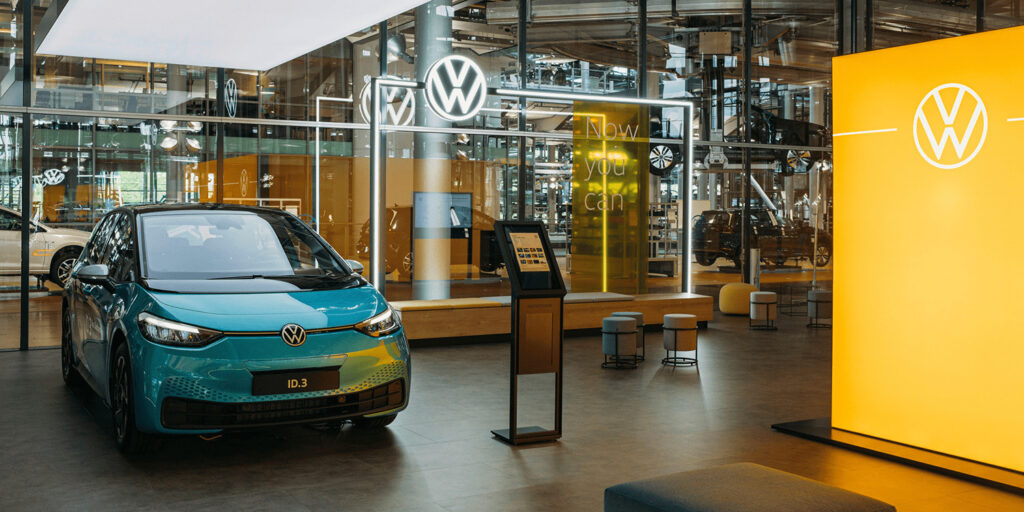
Volkswagen’s request to postpone the implementation of Europe’s new emissions rules shows the difficulties that automakers face as they manage the transition to a more sustainable future. While the Euro 7 requirements are a big step forward in terms of decreasing air pollution, the costs of compliance and the impact on production schedules must not be overlooked. According to analysts, it will eventually be up to legislators to strike a balance between the need for environmental preservation and the economic realities of the car sector.

Responsible for delivering local & international automotive news.

